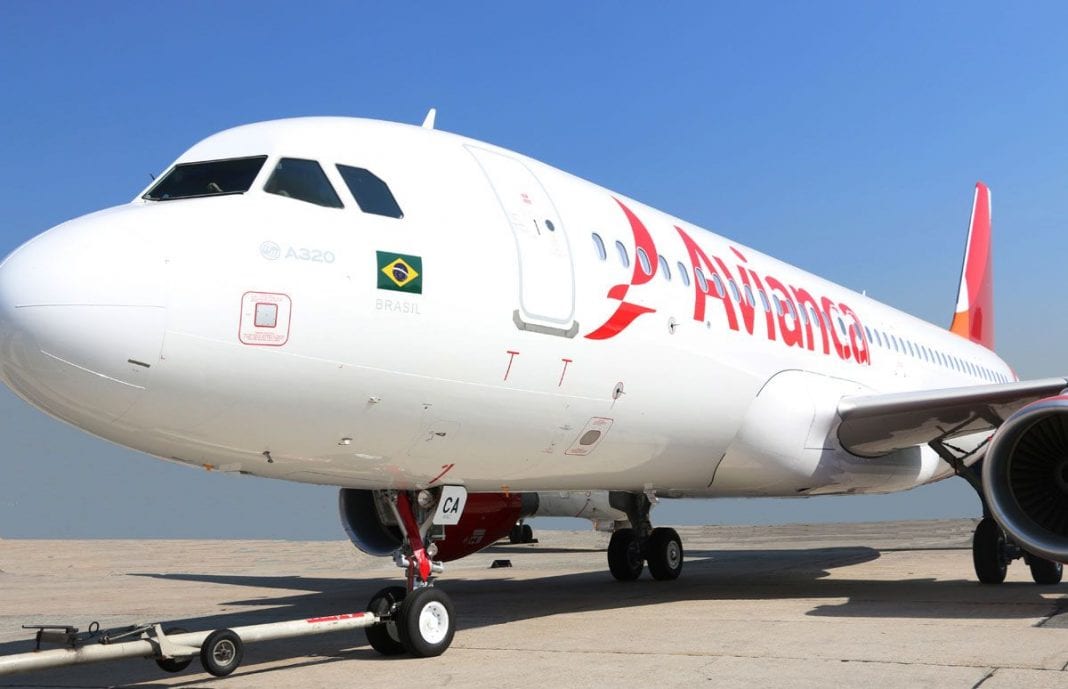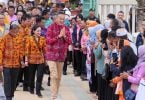(eTN) – Colombian President Juan Manuel Santos last week in New York at the UN General Assembly promoted the vital role that the resources of Latin America can play in achieving many of the global goals that the United Nations has set, from providing food to fighting climate change.
“In these times, when the world demands food, water, biofuels, and natural lungs for the earth such as the tropical forests, Latin America has millions of hectares ready for cultivation, without affecting ecological balance, and all the willingness, all the willingness, to become a supplier of all the goods that humanity needs for its own survival,” he told the General Assembly on the second day of its annual session.
“More than 925 million people living in hunger and malnutrition in the world are an urgent challenge. Latin America can and wants to be part of the solution. Ours is the richest region in biodiversity of the planet,” he said citing Brazil as the most mega-diverse country in the world and Colombia as that with the highest biodiversity per square kilometer.
“Just in the Amazon region, we can find 20 percent of the global supply of freshwater and 50 percent of the planet’s biodiversity… Latin America as a whole must be a decisive region in saving the planet.”
He called for a new climate change agreement to replace the Kyoto Protocol, which expires in 2012, to ensure the commitment of all, starting with the big industrial powers, to reduce greenhouse gas emissions.
“With the appropriate economic compensations, we have an enormous capacity to reduce deforestation and for growing new forests, changing not only the history of the region but of the world as a whole,” he said. “This is Latin America’s decade.”
Turning to drug trafficking which once wracked his country, Mr. Santos said Colombia was more than willing to cooperate with States that require it, as it is already doing with countries in Central America and the Caribbean, Mexico and Afghanistan, but he pleaded for a coherent global strategy, noting that some countries were considering legalizing some drugs.
“We note with concern the contradictions of some countries that, on the one hand, demand a frontal fight against drug trafficking and, on the other, legalize consumption or study the possibility of legalizing the production and trade of certain drugs,” he said.
“How can someone tell to a person living in rural areas of my country that he or she will be prosecuted and punished for growing crops for drug production, while in other places of the world this activity becomes legal?”






















